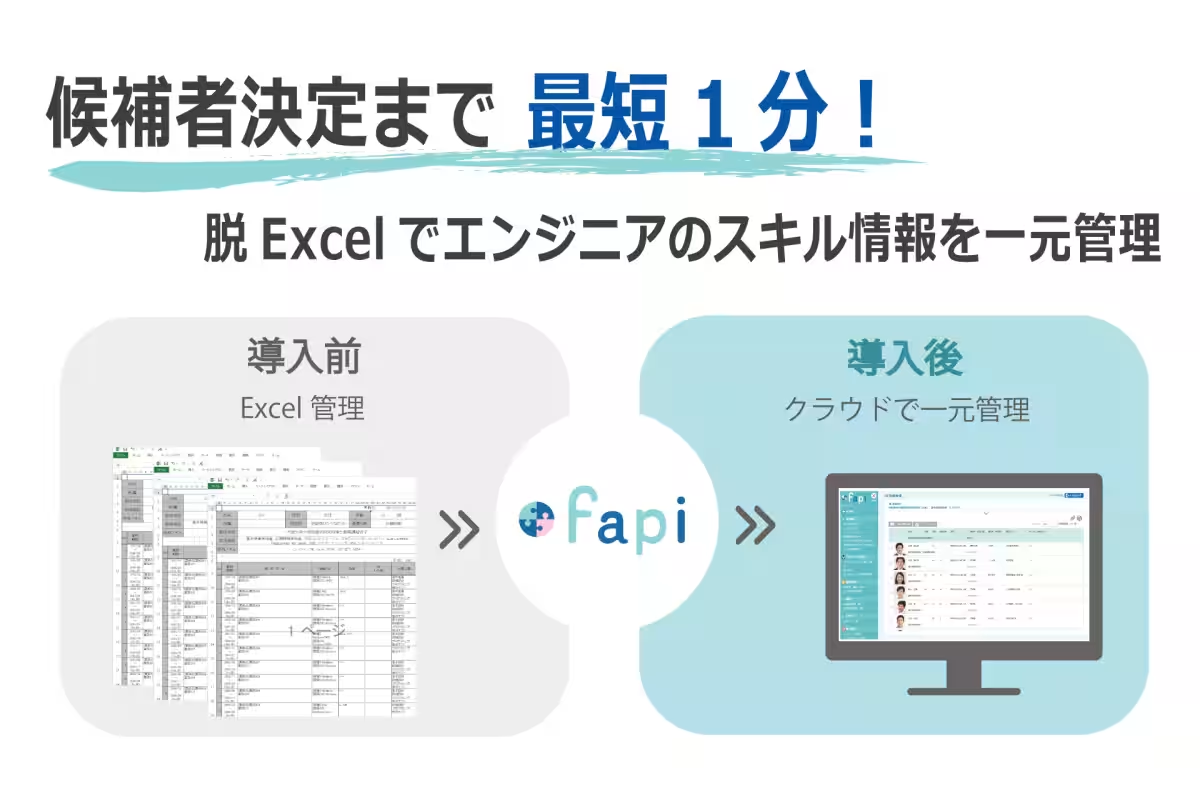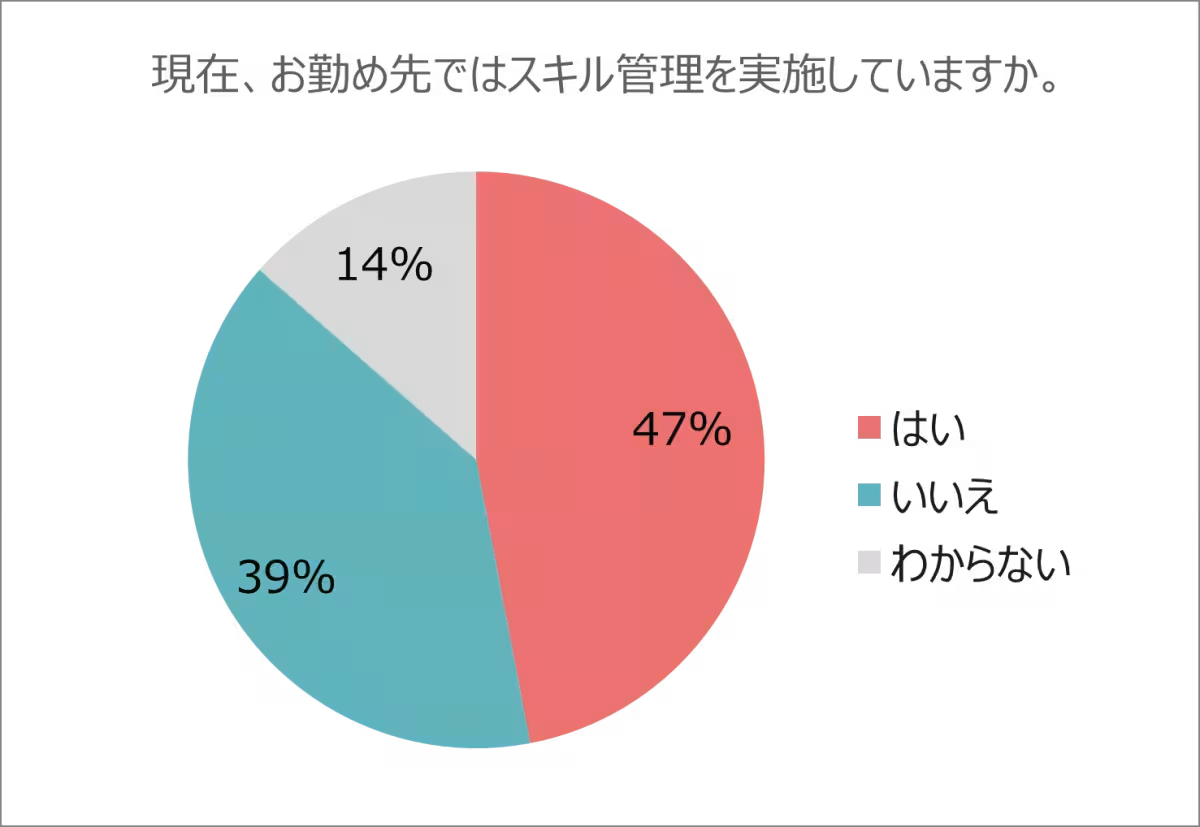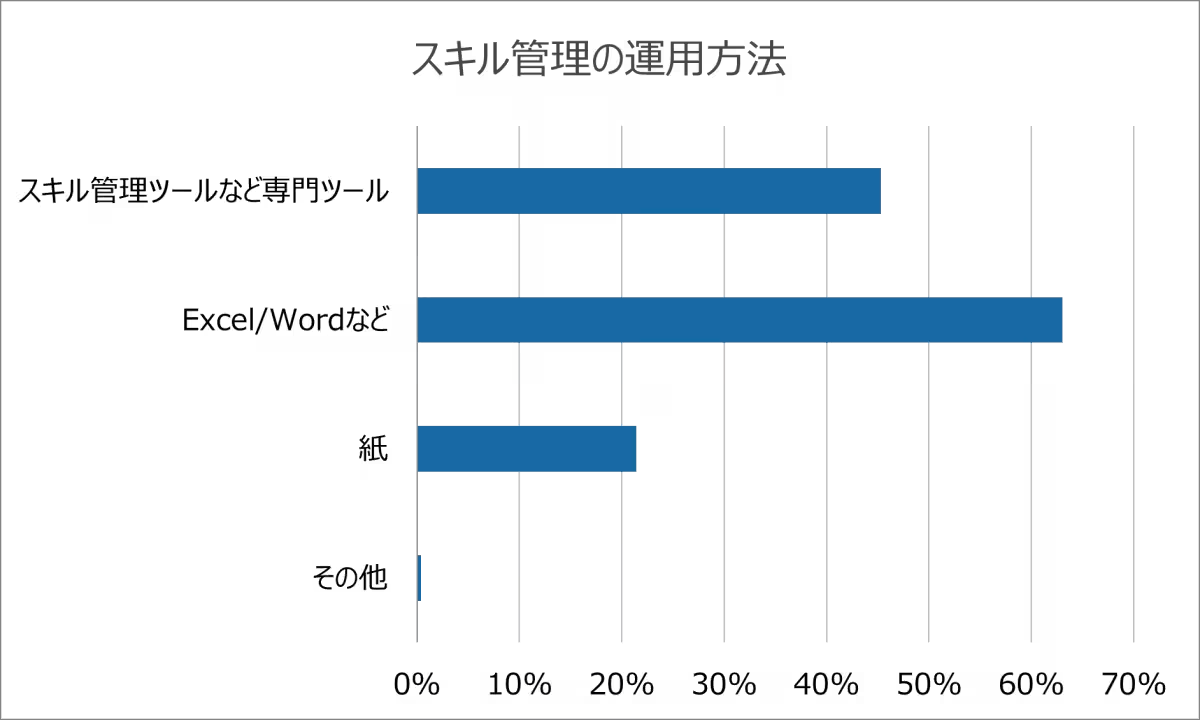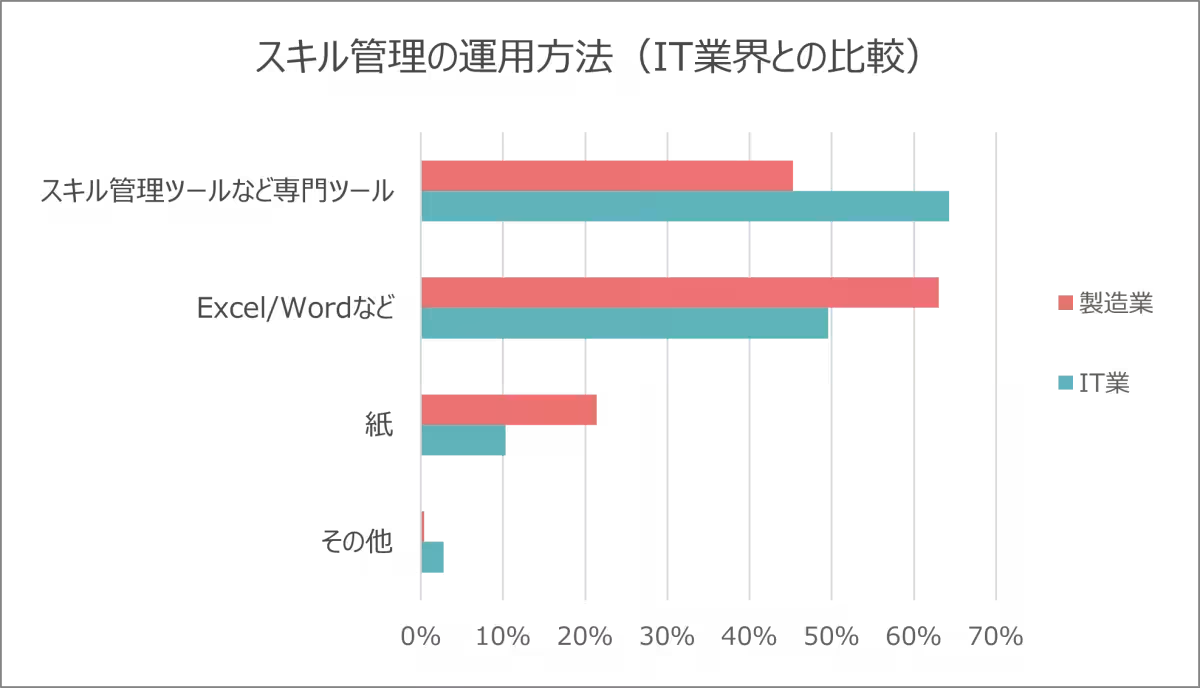

Recent Survey Reveals Current State of Skill Management in Manufacturing Industry
Unveiling the Current State of Skill Management in Manufacturing
In a recent study conducted by FDC Inc., a software development company based in Chiyoda, Tokyo, the realities of skill management in the manufacturing industry were explored through a survey targeting 517 employees aged between 20 to 60. With a focus on understanding the methods and tools used for managing skills, the survey sought to assess the industry's readiness to embrace digital transformation via efficient skill management practices.
Survey Overview
The survey aimed to gauge the current practices around skill management, providing insights into how manufacturing firms are keeping track of their employees’ skills, capabilities, and growth. Key highlights from the survey include:
- - Skill Management Implementation: Approximately 47% of respondents reported that their organizations actively engage in skill management.
- - Methods of Management: Among those who practice skill management, 63% utilize traditional tools such as Excel and Word, while 45.3% have begun using specialized skill management tools.
- - Comparison to IT Sector: Manufacturing firms are about 13% more likely than IT companies to manage skills using Excel and similar platforms, indicating a potential lag in adopting advanced management tools in comparison to the tech industry.
Key Findings
The findings indicate a significant reliance on traditional methods for managing employee skills in the manufacturing sector. Specifically:
1. Prevalence of Manual Management
More than 63% of respondents indicated they use Excel/Word for tracking skills, while only 45.3% utilize dedicated skill management tools. Options like paper documentation are also used by 21.4% of firms. Such practices reveal a concerning trend towards manual tracking that could hinder growth and efficiency.
2. Need for Transition
The comparison with IT companies shows that while manufacturing organizations frequently use basic tools for skill management, there is an observable hesitance to transition to specialized management software. Around 20% fewer manufacturing respondents utilize specialized tools compared to their IT counterparts, suggesting a gap in digital adoption.
Moreover, a 10% higher inclination towards paper-based processes underscores further challenges faced by manufacturing companies in progressing towards digital transformation.
3. Consideration for Future Tools
Despite the current trends, there is an emerging interest in transitioning from traditional tools like Excel to more advanced systems. Many companies recognize the limitations posed by Excel, particularly in tracking talented engineers and project managers efficiently. This indicates a momentum towards the adoption of specialized management tools capable of accommodating organizational growth and skill development.
Introducing 'fapi' – A Tool for the Future
FDC Inc. offers 'fapi', a comprehensive skill management and assignment tool designed to enhance operational efficiency. This tool incorporates various functions tailored for effective management of employee skills and project assignment considerations. The platform stands out due to its flexible management options, which permit organizations to customize specific data points according to their needs. By centralizing skill and assignment data, 'fapi' aims to streamline the various processes involved in skill management and project coordination, encouraging firms to transition towards digital solutions.
Companies struggling with manual skill tracking can particularly benefit from fapi as it addresses common issues faced in traditional management practices, enabling more efficient analysis of engineers’ strengths and project trends.
Conclusion
In summary, the survey conducted by FDC Inc. sheds light on the pressing need for the manufacturing sector to evolve its skill management practices. As companies recognize the inefficiencies posed by traditional management systems, creating a pathway for digital transformation becomes essential. Tools like 'fapi' present a viable solution to overcome current challenges, enabling manufacturing firms to embrace a more efficient and effective approach to skill management.
For more detailed insights, the complete survey report is available for download. You can also visit FDC Inc.'s website for more information regarding the 'fapi' tool and how it can be integrated into your business processes.






Topics Consumer Technology)










【About Using Articles】
You can freely use the title and article content by linking to the page where the article is posted.
※ Images cannot be used.
【About Links】
Links are free to use.